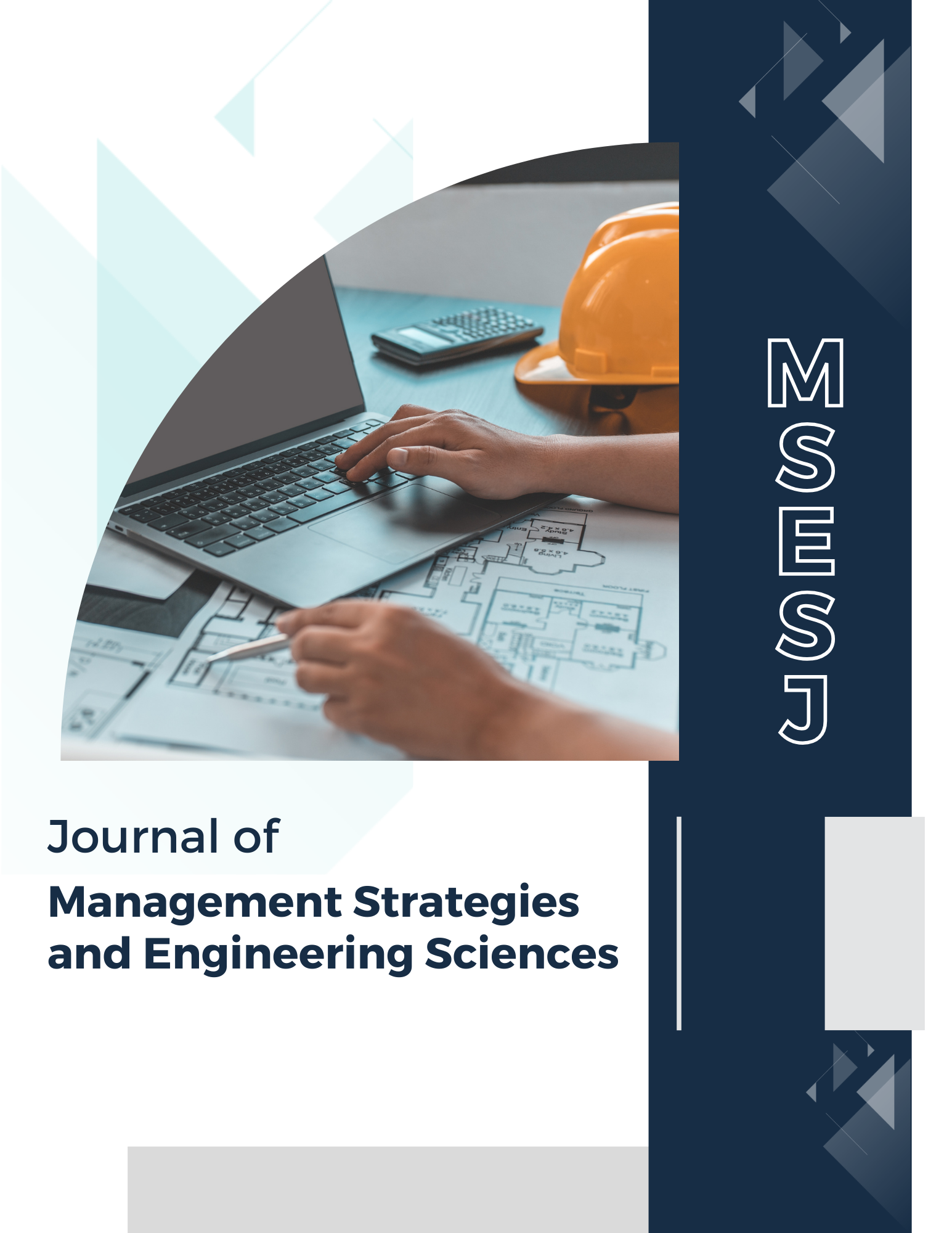Decision-Making Models in Engineering Management: Balancing Risk, Cost, and Quality
Keywords:
Sustainability, Engineering Project Management, Green Engineering, Renewable Energy, Resource Conservation, Life Cycle Assessment, Sustainable DevelopmentAbstract
The integration of sustainability into engineering project management has become increasingly vital in addressing the environmental, economic, and social challenges of the 21st century. This narrative review focuses on green engineering practices, exploring their implementation across various sectors and assessing their impacts on project outcomes. Through the analysis of key case studies, such as Masdar City and the Bullitt Center, the review identifies best practices in renewable energy use, resource conservation, waste management, and life cycle assessment. It also examines the variability of these practices across different industries, highlighting the unique challenges and opportunities in sectors like construction, energy, and manufacturing. Despite the proven benefits of sustainable practices, significant barriers remain, including high initial costs, stakeholder resistance, and a lack of expertise. The review concludes by offering recommendations for enhancing the integration of sustainability in engineering project management and suggesting future research directions to support the ongoing evolution of green engineering practices. By adopting a holistic approach to sustainability, engineering projects can achieve substantial environmental, economic, and social benefits, contributing to the broader goal of sustainable development.




























